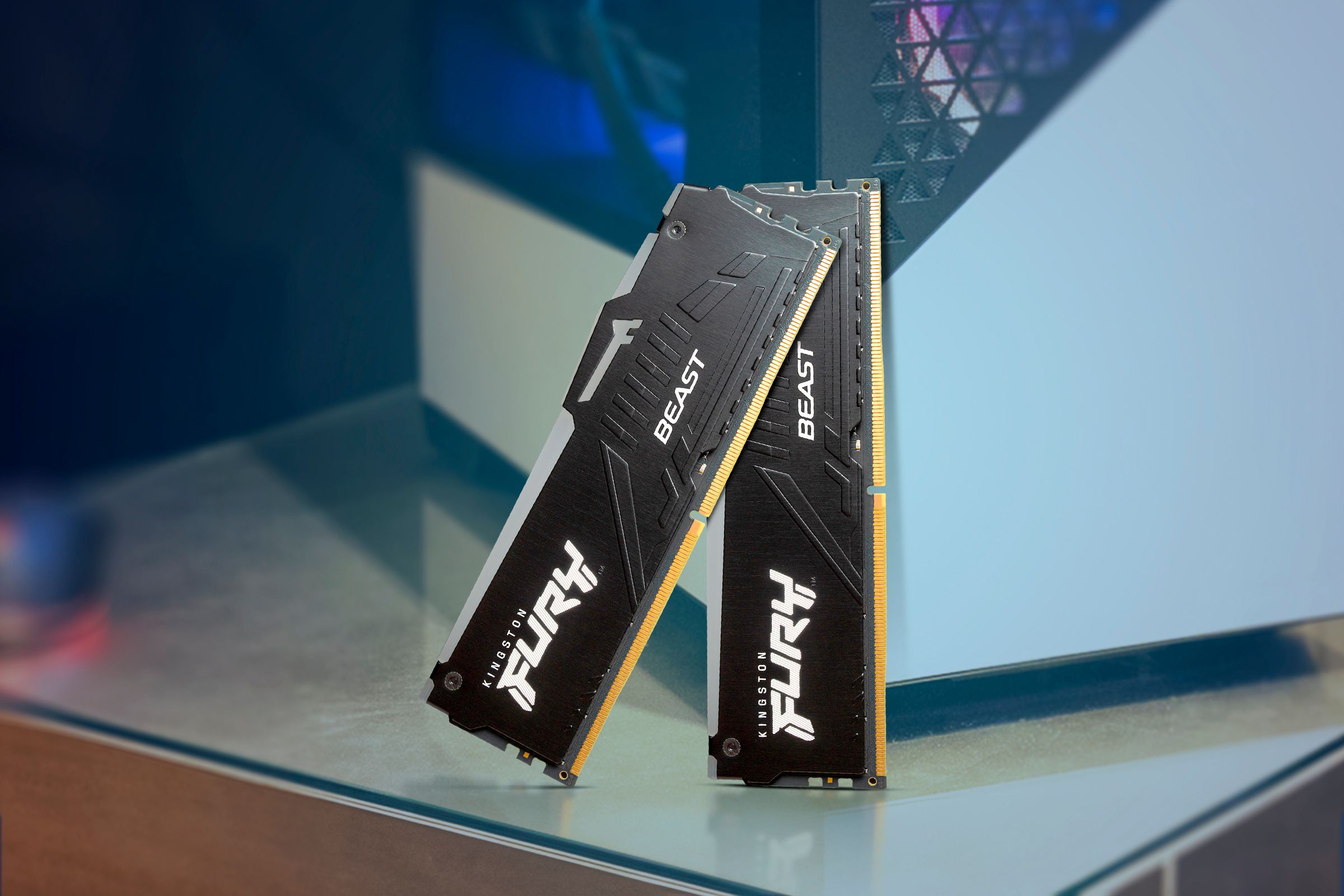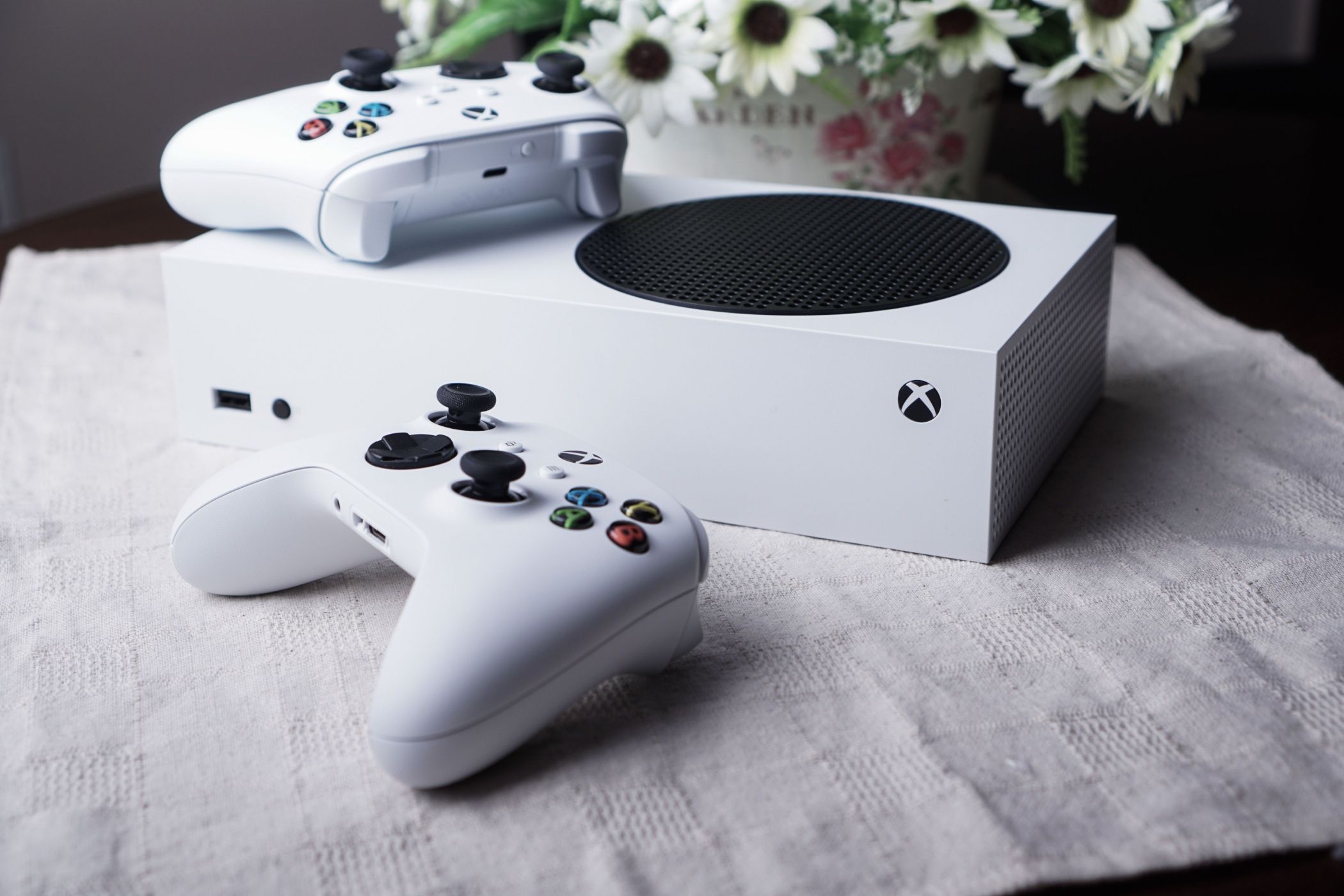There’s Never Been a Better Time for Used PC Hardware
Hardware
Key Takeaways
- Hardware drops in value fast; a year-old component may cost half as much new.
- Enthusiasts often upgrade, offering great deals on slightly used components.
- Modern PC components don’t wear out quickly, but always test a used component before purchase.
Computer hardware is more capable than ever, but it’s also incredibly expensive during tough economic times. The good news is that there’s never been a time with fewer downsides when it comes to buying used hardware. Here’s why.
Hardware Drops in Value Fast
Barring weird events like a global pandemic or a sudden rise in cryptocurrency prices, computer hardware tends to lose value fast once you’ve bought it. Things can move fast, and you may find that components that are just a year or two old might cost half as much as they did new. The depreciation on computer hardware can feel faster than on a new bright-pink car right after you sign the deal.
As I was writing this piece, news came to light of
problems with Intel’s 13th- and 14th- generation desktop CPUs
that could make them a poor choice for a second-hand purchase. This underscores that you should always do some basic research on any components you buy, new or used.
Enthusiasts Upgrade Too Often
There are certain PC enthusiasts who will buy the latest and greatest CPUs, GPUs, and other performance components, only to replace them the minute something new comes out. This isn’t a rational thing to do, but it does mean more level-headed people can get a great deal as these hardware super-fans try to finance their next upgrade.
Modern PC Components Don’t Really Wear Out
One reasonable concern when it comes to buying used components, is whether there’s any life left in them. There’s no point in getting a good deal on components only for them to die a few weeks or months later. There’s always some chance of this when buying a used device, but some types of hardware are more prone to wearing out than others. Mechanical hard drives are perhaps the prime example, but these days solid state storage is the norm, and unless they’ve been tortured with extreme amounts of data writes, there’s no real risk of wear.
The same goes for modern CPUs and GPUs. Microprocessors are pretty smart these days when it comes to regulating their own heat and voltage, so I don’t expect the typical user selling their old components to run them in a processor-killing environment. That only leaves fans and liquid-cooling components. Both of which are easy enough to replace and not the most expensive parts of a system. Personally, I have run AIO liquid coolers for more than a decade, and CPU coolers for twice that, but as with any device with moving parts, failure is inevitable.
Generational Leaps Are Small
Occasionally, you get major leaps in performance from one generation to the next of computer hardware, but those leaps have become smaller and smaller over time. It’s typical for CPUs to show off single-digital performance percentage gains from one generation or revision to the next. Likewise, GPUs are focusing more on features like AI acceleration and quality improvements like ray-tracing, as opposed to all-out performance gains. The computer components that have seen major leaps in recent years, such as faster RAM and much faster SSDs, don’t really have much effect on typical gaming or productivity workloads for most people. You’d be hard-pressed to tell the difference between a computer with a 5GB/s SSD and a 7GB/s one!
The biggest differences these days between the latest and slightly older hardware are mainly in power efficiency, how many parallel processors you can squeeze in, and the aforementioned AI hardware or hardware to accelerate certain specialist tasks. Given the price differences between new and used hardware, it’s almost never worth a 10% performance difference. Which doesn’t sound like a lot on paper, and is even less in real-world use.
You Still Need to Use Common Sense
While it’s definitely a great time to hunt for bargains in the used hardware market, that doesn’t mean you can just buy whatever you like with confidence! Just as with any second-hand sale, you need to do some homework. For one thing, many older CPUs will not work with Windows 11, and Windows 10 support ends on 14 October 2025. So, unless you’re planning on running Linux or another alternative on the system, those CPUs should be avoided.
There are likewise things to look out for in used GPUs, but funnily enough, having been used for cryptocurrency mining isn’t much of a red flag. For me, most important of all, is the opportunity to test the component in a running system before I pay for it. If it’s working normally, changes are that it will keep working for years to come.















